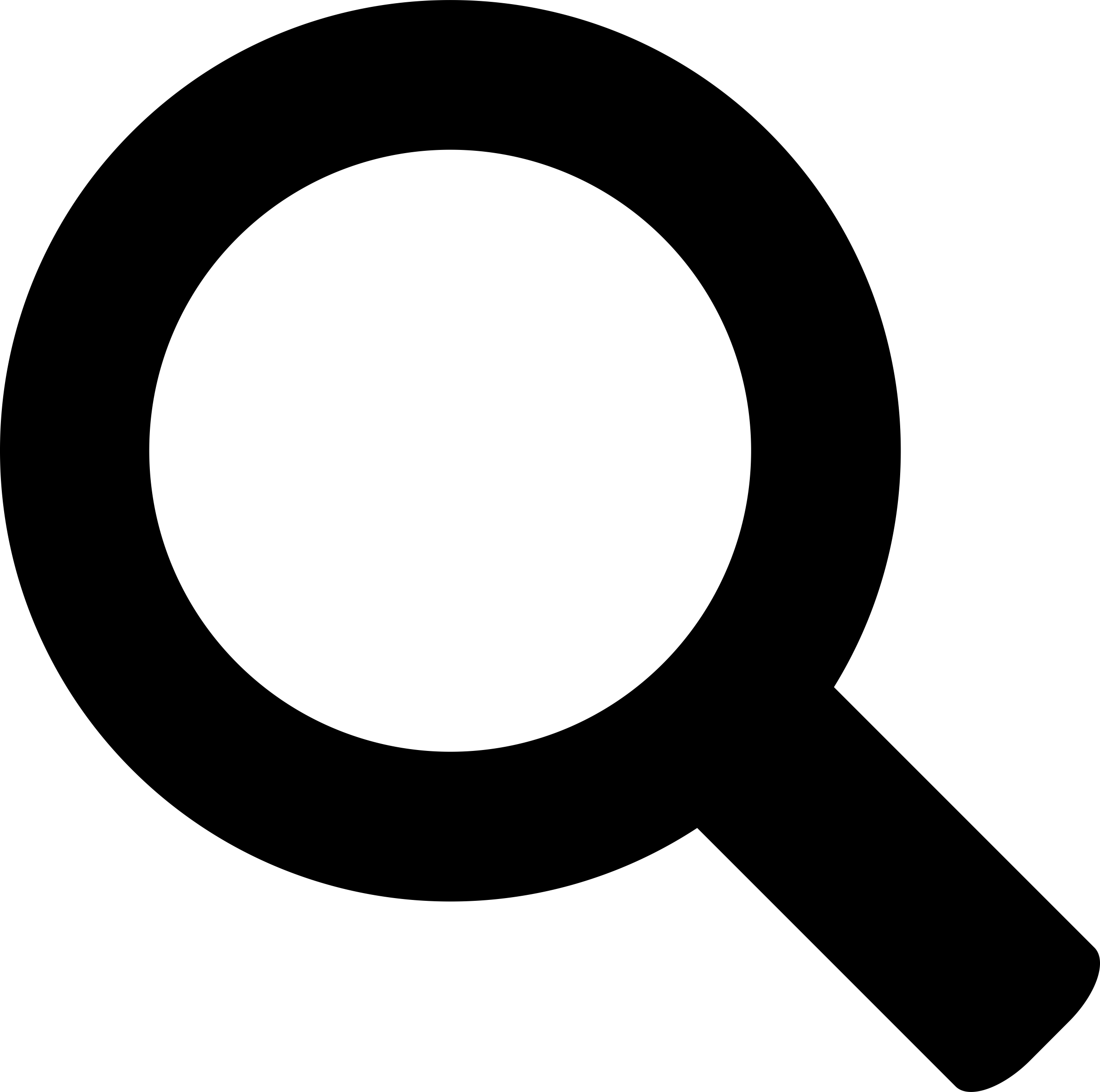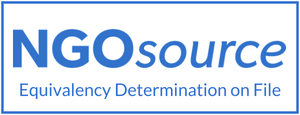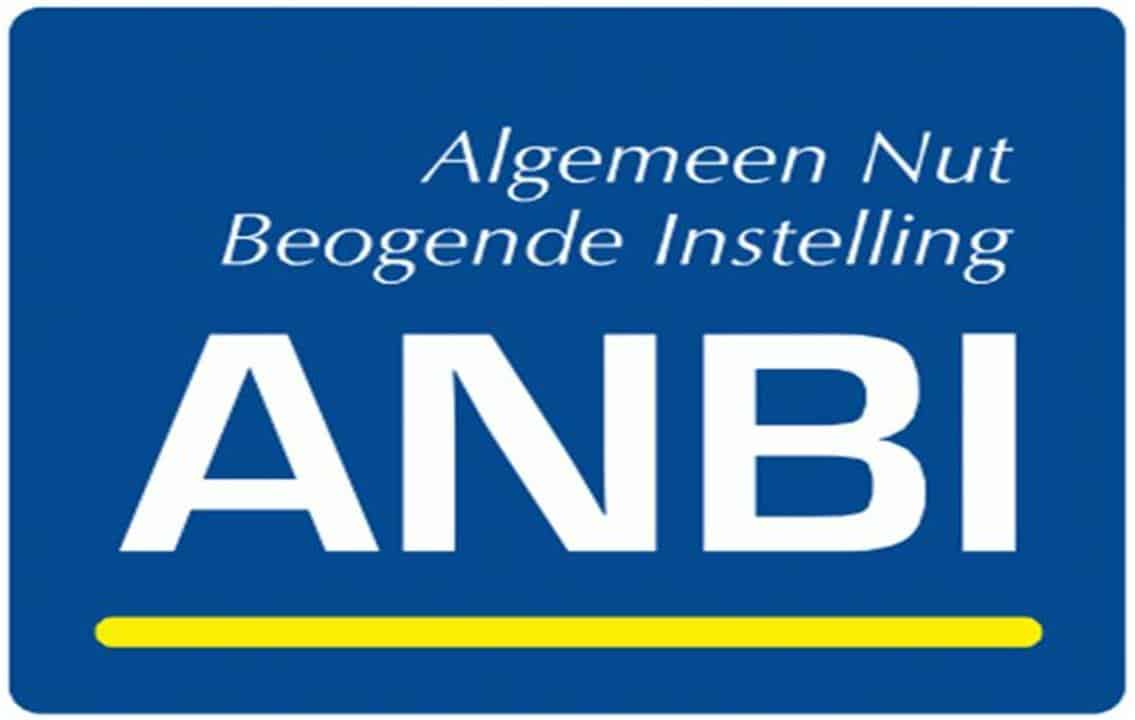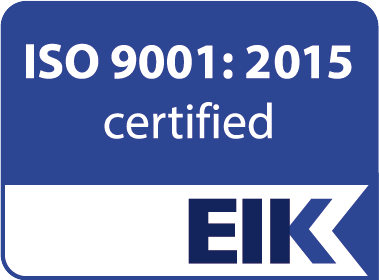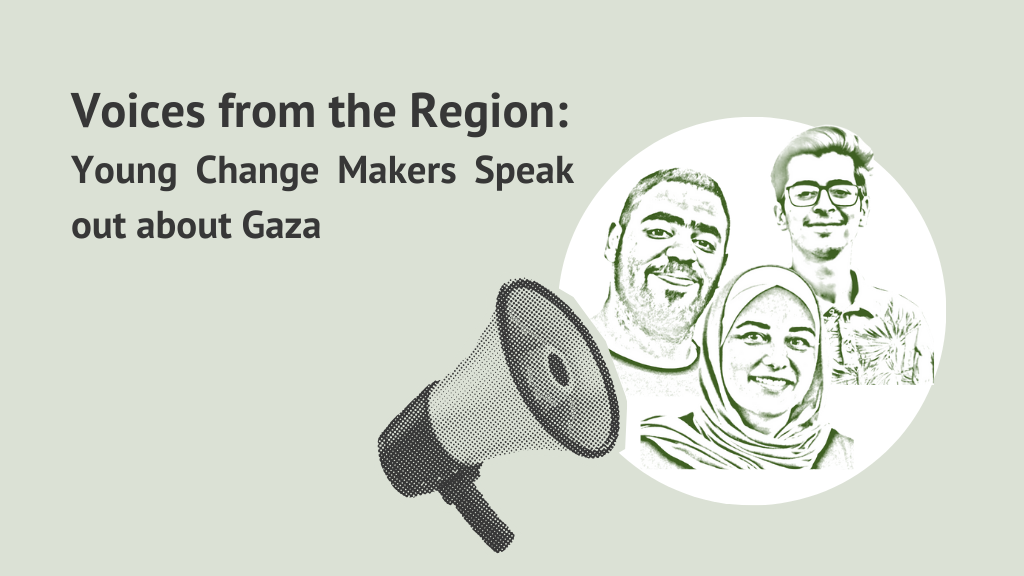
We are currently witnessing a staggering new escalation of violence in Gaza. With the backdrop of the structural violence caused by a 75-year long Israeli occupation, which has been rife with breaches of international law and been described by many human rights organisations (including Amnesty International, Human Rights Watch and B’tselem) as apartheid, this new escalation has captured the world’s attention. In response to the Hamas attack that killed mainly Israeli civilians on October 7th, Israel has been bombing Gaza and has killed thousands of civilians, mostly women and children. Through the accessibility of social media, we are able to witness in real time the cost of war. Reports of medicine, food, fuel and water blockades and images of civilian spaces such as hospitals and refugee camps being bombed in Gaza are documenting deep violations of international humanitarian law and, on a human level, are devastating to witness. We join the calls of many around the world for a ceasefire and a peaceful resolution of this conflict, one that upholds the values of dignity for the Palestinian people as well as the Israelis. In the spirit of a human security analysis, this peaceful resolution cannot merely include an end to this cycle of violence but must constitute an end to the unbearable structural violence many Palestinians have been facing for years.
Since 9/11 2001, the world has been dominated by hard security discourses, frameworks, regulations and interventions seemingly trumping all other paths to peace and stability. This wave of securitization has not stopped violence, but on the contrary has led to a perpetuation and even an increase of violence, to the derogation of rights and due process, and ultimately, to less safety everywhere. Our work has taught us that, aside from the legal and moral obligations to adhere to human rights principles, states must stop the continuation of these vicious cycles of violence by considering the long-term negative consequences that state violence has on societies and their security. When security approaches are unable to respond adequately to human rights violations, violations of international law and humanitarian law, we see legitimate grievances and pain turn into acts of revengeful violence. The path to sustainable peace can only be brought about by addressing the root causes of violence, where we find injustice, marginalization and social exclusion at the center. We need peaceful means and mechanisms of conflict resolution that provide human security and justice for all.
A cornerstone of our work at Human Security Collective has been to highlight the harms caused by security approaches including counterterrorism that make human rights optional and do not take into account the security needs of communities they target.
In the past two years, Human Security Collective has implemented the Civic Horizons project together with partners in six countries in the MENA region. The project is funded by the EU and aims to work on the operational environment of civil society in order to defend human rights, democracy and fundamental freedoms. As HSC, part of our work under this project has focused on understanding the drivers of distrust between communities and human rights organisations and addressing these. In each of the seven communities in which we have been active, we have built relations with changemakers: members of civil society organisations, movements, activists, etc. These relations are based on listening, empathy and trust. In the past weeks, since Israel’s response to the attack by Hamas, we have seen their pain, anger and sadness grow as well as that of their communities. As they seek to tell their truth and stories they are met with shadowbans and censorship. They feel that in traditional Western media and on social media there is a bias against those advocating for Palestinian rights. But their anger also stems from their disappointment in the international community, the US and EU’s political leaders, as well as international and national civil society organisations. From where they stand, the champions of human rights seem rather hypocritical, caring unequally for civilian lives and enabling the unfolding violence. For those who care to listen to the people in the MENA, and especially the young people in the region, you will realise to what extent the trust is shattered.
In the face of the censorship these changemakers are met with, we at HSC have decided to share our platform with some of them so that their voices can reach people outside their direct circles. We have asked them to share their stories and tell us more specifically how the Israel–Gaza war is impacting their sense of security and that of the people in their community. Asking people about their sense of security is a simple and relatable question that we often ask participants in our projects. It always brings about personal, diverse and insightful answers about what makes people feel safe and unsafe. The question and the discussions that emanate from it recentre the focus on people’s right to be free from fear and want, in other words on their right to human security.
The stories you will read next are those of young changemakers living in Lebanon, Jordan and Tunisia. Their stories are personal accounts that seek to recentre our focus on human security.
Click on the names to read the stories
-
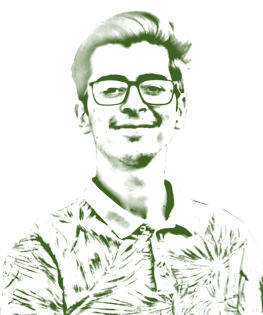
My name is Salah Al Masri. I am a participant in HSC's project. I am Lebanese, aged 21 years. I am currently studying Business administration in Lebanon, after I was forced to return from Ukraine, due to the economic crisis in Lebanon, and to the Russian-Ukrainian war in 2022. I work at Peace of Art as a Branch Manager. Peace of Art is an NGO working in the North of the Bekaa. I aim for a better tomorrow in my neglected area (Baalbek Hermel) through Art, peace and youth empowerment.
I feel sad. I feel powerless, and this feeling is ten times stronger and worse than sadness. We are standing with our hands tied, not knowing what to do, not knowing how to pressure or create even a small bit of impact. And at the same time, we see images that leave us fearful of experiencing the same things Palestinians are going through. There is a sense of fear, confusion, bewilderment, and sadness adding up to this feeling of powerlessness.
The war is impacting the personal life of people in Lebanon, and even more so those living close to the border with Israel as well as those who have friends and family in Gaza. Our minds are always absorbed by news and updates. And especially as Israel violates international law and commits war crimes. Never before had I written on a platform like X. But since the beginning of the war, I started going to this platform every day to read about different perspectives and about the latest news. That is how I start my day in the morning before going to work. My performance at work in general is lower. What I see on social media is destructive. This leaves a negative impact on me during the whole day. In the afternoon I get home and try to keep myself busy, to avoid thinking about the violence I have seen online. Yet I also think we need to see these things to understand the extent of the suffering.
No doubt that even before this war, we lived with a sense of insecurity, but now this increased. On top of what we were experiencing, there is the possibility that Lebanon slides into a war. The sense of security I felt has disappeared. There are people who are not afraid of the war that might take place. But there is a second group that doesn’t want the country to slide into a war. So currently in Lebanon, people are divided over this decision. At the same time, the Lebanese people totally support the Palestinians. So we have a lot of questions. But I think that in general we are not prepared to go into a war. This will impact us for the upcoming 20 years. I personally am not ready mentally to enter into a war. So, honestly, the days are hard.
Two days ago, we held a protest in support of Palestine in my village of Fakiha. Around 400 people participated which is a big number in a village the size of Fakiha. Many different people participated to support Palestinians and to tell them that we stand with them. We have to be a source of pressure on the world. People are only looking at one side of the coin without looking at the other side. War crimes, the killing of children, genocide: there is nothing more horrific than what is happening. I don’t blame the people in the West who support Israel because they have their media. For example, yesterday I saw an American news agency that is called the Daily Wire and which supports the colonization. The traffic on the website amounts to 40.6 million visits per day. I think that we need to have the same impact as the Daily Wire for example. And so that is what we are trying to do. An example I am thinking about is the interview of Bassem Youssef with Piers Morgan. This was a means of pressure or a means to change concepts in the minds of people. The West is only hearing news that care about the Israelis. They don’t listen to news that cares about Palestinians. But one person with another perspective; a perspective that cares about the protection of Palestinians, that highlights the slaughters and the crimes against humanity that take place against Palestinians can change minds. In the past two days, big protests took place in the US, the UK, the Netherlands, and other places. I feel this changed the balance towards considering Palestinians as well, a bit more.
I hope the international community will stand up for the children that are dying in these slaughters by the Israeli occupation and that they understand that these are war crimes. They should not be allowed to take place, and yet they take place every day.
I hope the West will pressure Israel to stop . Otherwise we will have to resort ourselves to accept what will be our fate. Our fate will be to take part in this war.
I pray for the souls of those who died in Palestine, for the Palestinian and Lebanese martyrs.
I hope for stability in the region.
-
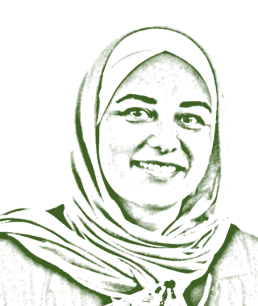
My name is Rawiya Al-Nazer and I am a Social Sciences Master’s student. I am 43 years old. I am Palestinian-Jordanian, and I live with my small family in Tunis, Tunisia. My other family members live in Jordan and still others in the West Bank, in Palestine.
Watching the events in Gaza, my days are no longer ordinary. I feel unsafe. It feels as though history is repeating itself and my family is taken back to painful memories of the past. One of the hardest things is to ask those who experienced the Nakba to tell us what happened. It is painful for them to remember the events. They try in every way to continue living their lives by erasing the violent memories of scenes of destruction and the loss of loved ones. In 1980, when my father was 29, he and his family were displaced within their own city, Hebron. One day Israel declared the neighborhood a Military zone. My father’s family was forced to leave the family home. Till this day we are forbidden from visiting it. This is the house he grew up in, the one that holds all his memories and the one he wishes to take us to. We are forbidden from entering this military zone, while Israelis are allowed to. These painful events are repetitive. My own daughter when aged 5 years and 1 month old was prevented from entering Palestine. This happened under the pretext of an Israeli law subjected to Palestinians in the diaspora. We have to register our children to obtain Palestinian IDs while they are under 5 years old. Otherwise Israel denies them Palestinian identity and entry into Palestine. I consider this law tyrannical: it is an Israeli law imposed on Palestinian diaspora to deny them their Palestinian nationality. Thus my feeling of insecurity also stems from envisioning a new displacement. Israel is not proposing a ceasefire, not peace, not treating people in Gaza as human beings. Rather, they are telling them to leave their lands. The people in Gaza have been displaced before during the Nakba. Displacement did not give them safety; that is a false solution. What is happening in Gaza now is a continuation of the settlement and the displacement of the Palestinian people.
Israeli policies are those of an apartheid state. In order to visit the West Bank, I had to travel across the Jordan Bridge. I have been subjected to insults and body checks ever since I was a child during which I had to take off all my clothes. Our belongings were searched very carefully and most of them were thrown away under the pretext that they are prohibited. Whenever we pass across the bridges, I feel I am treated as an inferior person. My children and I were not allowed to visit Jerusalem because we are aged below 70. There is so much control over the lives of Palestinians that an old woman in Hebron told us that she is not able to take off her hijab, not even inside her house, not even when she sleeps, because Israeli soldiers can enter her house at any moment.
I feel oppressed by the global double standards regarding the Palestinian issue. The world has not addressed the 75 years of occupation, nor the oppression of Palestinians. The world portrays the problem to be Hamas. Yet even the people who live in the West Bank, where Hamas is not in power, are besieged and every aspect of their daily lives is controlled by the Israeli state. The result is that people find it hard to move around, they do not enjoy health, they are exposed to arbitrary arrests and years long administrative imprisonment without legal complaints or a process. It is especially young Palestinians who are frequently exposed to killings and arrests, and very often simply for being Palestinians who express themselves against the occupation and the genocide. As Palestinians we cannot exercise full citizenship. Our lands get forcefully confiscated once Israel considers them of historical or religious relevance. These same lands are then given to Israeli settlers to use for homes, businesses or however they please . We are dehumanized and because we are not seen as humans, we are deprived of the right to defend ourselves, our children and our land.
At present, I feel helpless because I cannot help our people in Gaza. In Tunisia, my children participated in the demonstrations in support of Gaza. In fact, we are lucky to be in Tunisia because it supports the right to demonstrate. Family members in the US and other Western countries told me they convince their children not to talk about this issue at school because they could be subjected to harassment.
My children constantly ask me the question: What does Palestine mean to us and what does it mean that I am Palestinian when I cannot return to my homeland? Why do we suffer and why is the world silent about this injustice? They also see pictures of Palestinian children and the tragic scenes from Gaza. This affects their sense of security even though they are far away from the land of Palestine.
-
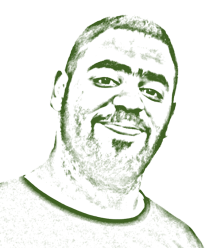
I am Rashed Masaeed, a 23-year-old Palestinian Jordanian freshly graduated from my nursing studies. I am a social activist from the Baqaa Palestinian Refugee camp in Jordan. The camp was established as one of the six "emergency" camps in Jordan in 1968 to accommodate displaced people after the 1967 Six Days war.
I can’t do any of the normal things I used to do. I wake up in the morning and watch the news. I have lost interest in daily achievements, I can’t have discussions anymore. There are no mornings and no evenings. I don’t care about relatives’ weddings or funerals. I only care about what is happening in Gaza and what will happen next. Watching videos of children affects me deeply. All of this makes me think: if this was to happen to my family, would I be able to protect my little brother, my mother, my family, my friends? My days have lost any sense of joy. The videos of children, mothers, and fathers of whom nothing is left but shrouds with names haunt me. I feel that if I smile, I am betraying my people.
My grandparents and I believe in the Palestinian cause because for us it is about freedom. It is righteous. Yet I can’t express myself freely because I feel that it would get me in trouble. All I can do now is pray and create videos to portray facts and share information. So I created a video to counter disinformation. In the video, I talk about the blockade under which people in Gaza have been surviving for almost 15 years. Among other things, this blockade means that sick children, including cancer patients, needed authorizations from Israel to seek treatment outside of Gaza. But Israel wouldn’t provide them. In the video I also talk about news reports¹ in English that say that 500 Palestinians died in Gaza while they talk about the killing of 700 Israelis. The language used in such reports insinuates that 500 Palestinians just died without reason while the 700 Israelis were killed by Palestinians. The aim of the video I made was to showcase the false and biased representation by Western media. They lack basic recognition for the dignity of Palestinians and their human rights. For us, the war didn’t start on October 7th. It is part of a long history made of everyday pressure, terror, killings as well as the memory of past crimes. I wanted my video to clarify what is happening now from a Palestinian perspective. I intend to make another video about the bombing of the Al-Ahli hospital. But the video I made was deleted by the platform without clear explanations for why this was done. I felt a mixture of anger and fear when my video was censored. Freedom of expression is restricted by big tech companies when it comes to Palestine.
Ever since October 7th, demonstrations haven't stopped in the Baqaa camp. Every day, from 7pm till 1am, children, elderly, women, men, all people in the camp are on the street raising their voices in support of the Palestinian cause. In Amman, thousands of people meet up at the outskirts of the city to raise their voices in support of the Palestinians. I am happy that the Jordanian police and army wore the Palestinian flag next to the Jordanian flag to show communities that they are with them, all the while upholding security.
People in the camp are demonstrating because they feel sad and are fearful of the escalation of the war. Demonstrating is what they can do to try to impact the situation. Today, Friday the 20th, we will go to Aghwar, close to the Palestinian border and pray to send a message: that we stand with Palestine and the people in Gaza.
The Palestinian cause dates back generations. My grandmother was 8 years old when the Naksa² took place in 1967. She was living with her family on their farm in the city of Ariha, Palestine. Zionist militias were attacking Palestinian villages. They raped women and killed children, old people, men and women indiscriminately. The stories of the slaughters spread. My grandmother’s family feared for their lives and decided to leave their houses until the situation would calm down and become safer.
My grandfather is also from the city of Ariha. His family too left for a refugee camp when the Zionist militias attacked Palestinians and the stories of their attacks spread. He would always tenderly tell me about the house of his parents and grandparents. He still has the keys and longed to open the door of the house of his family in Palestine. He used to tell me about the sweets of Nablus and the oranges of Jerusalem. That is how he kept the dream to return home to Palestine alive.
Nothing of what is happening make sense anymore. The violence will probably increase and I fear the whole of Gaza will be destroyed. And two days ago, more weapons were delivered by the US to Israel in support of this occupation. I hope for the sake of the children that this violence stops. The destruction is daily. If the aggression on Gaza continues, then more people will die and more Palestinian families will be erased from history.
------------------
¹https://twitter.com/BBCWorld/status/1711340677571674567
²https://www.aljazeera.com/features/2018/6/4/the-naksa-how-israel-occupied-the-whole-of-palestine-in-1967

